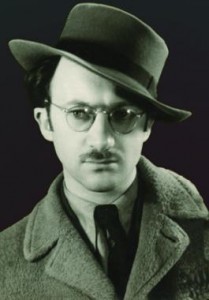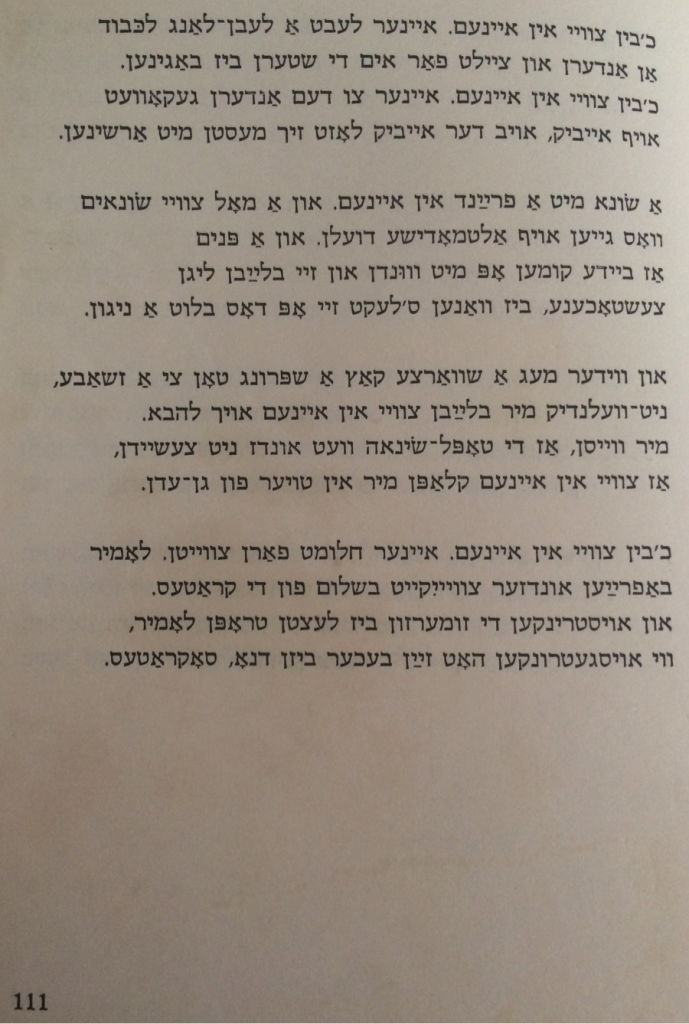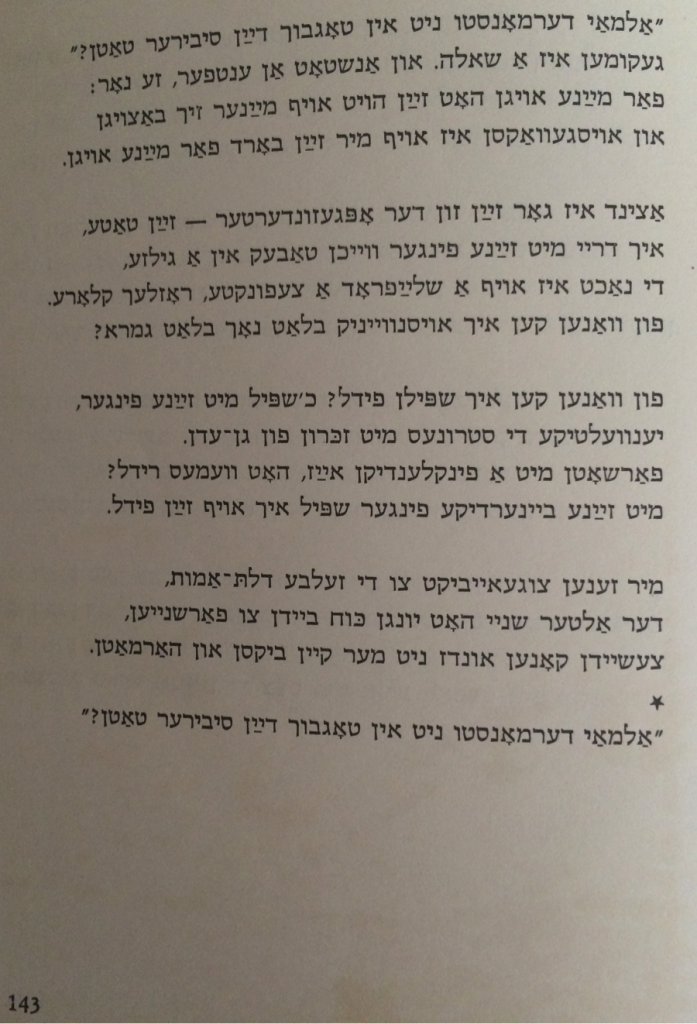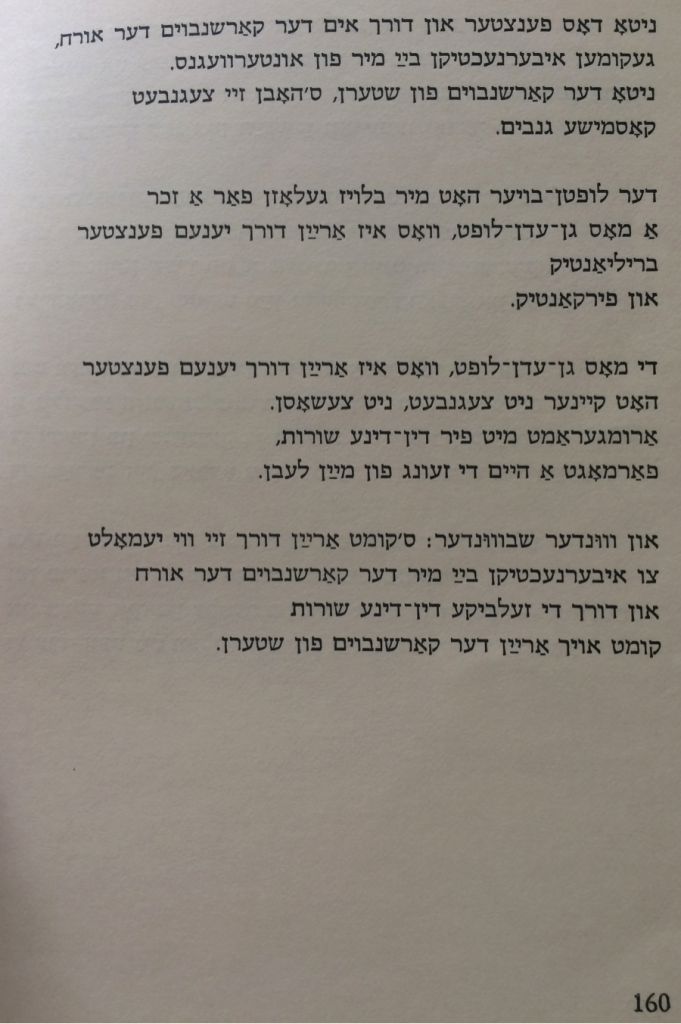Two poems by Judita Vaičiūnaitė translated by Rimas Uzgiris
Bevardė versmė
by Judita VaičiūnaitėLyg bevardė versmė po katedra,
lyg iš rūko šviesos čiurkšlė
prasiverk, atgaivink dar kartą
ir be gailesčio širdį užliek.
Lyg dangus būk – šaltas ir žydras
lyg iš lango angos pily
dar išvysk virš Neries žuvėdras,
kai sparnai tau vėjų pilni.
Lyg ledonešis gausk, lyg ižas
atitirpusių gatvių tėkmėj,
nes tą balsą, į saulę grįžusi,
iš bevardės versmės ėmei.
A Nameless Source
by Judita VaičiūnaitėLike a nameless source below the cathedral,
like a spray of light within the pall of fog,
open yourself, and come to life once more.
Water your heart with no remorse.
Try to be like the sky – cold and blue,
or gaze at the gulls above the Neris as if
through an arrow-slit in the castle wall,
but only when their wings are full of wind for you.
Groan like the brash ice, or hiss like the slush
that melts in the flow of the street –
for this is the voice, returning to the sun,
the one you took from a nameless source.
translated from Lithuanian by Rimas UzgirisFrom Crystal: Selected Poems, forthcoming in 2017 from Pica Pica Press: http://www.picapica.press/
Trys lemtys
by Judita Vaičiūnaitė1. Nikė
Citrinų žievės,
cinamonų skonis,
jau išgertas vynas iš Balkanų.
O rytas – toks švarus,
kai, nepriklausanti
nei dievui, nei žmonėms, nei velniui,
tokiam tuščiam bute,
įkaitusios skardos ir stiklo blizgesy,
baltam
rate –
birželio saulės beprotybėj –
kryžiumi guliu, ir verksmas – veltui.
Už mano nudaužtus suskaldytus sparnus,
tik dulkėm šviečiančius virš gatvių,
už mano nuogus krūpsinčius šviesoj pečius
aš nekenčiu tavęs –
bet burną atveriu
šiurpiam ir purpuriniam tavo viesului…
2. Raudona tunika
Moteris trumpa raudona tunika
pasaulio aikštėse,
moteris prie mikrofono –
sielvartas išdidina jos balsą,
ją, bežemių minioje klajojančią,
mažytę ir išbalusią,
apteškia užlūžtančia banga,
audringa, sūria ir šviesia…
Ji dainuoja.
Ausys užkimštos vašku
– juodi nakties yrėjai
jos negirdi.
Graikija – didžiulis lageris.
Ištrūkt turėjai
tu, prie stiebo pririštas…
Rūdija nugalėtų ginklai – krūvos
skydų, iečių ir šalmų.
Sirenos rankos – surištos ir kruvinos.
3. Ragana
Pusiaudienio aikštė – troški, triukšminga.
(Kino salės – tuščios.)
Jie spiečias. Ir nuožmus, nežmoniškas smalsumas
jungia tūkstančius.
Ir gėdos stulpas auga virš namų
lyg sausas keistas medis.
Ir pilnas išdidumo mano žvilgsnis –
kliedintis ir merdintis.
(Prigrūstos šiltinių palatos,
pirtys, lagerių kirpyklos.
Raudonais viržiais gula kerpami plaukai.)
Ir plūsta pyktis –
toks nesuprantamas,
lyg būčiau kitoje planetoj gimus.
Ir plaka įsisiautėję balsai,
nuo buko džiaugsmo kimūs.
Sunki grandinė trina mano kaklą.
Nuobodžiauja budelis.
(Beprotišku trenksmu nusviedžia po stalu
išgertus butelius.)
Tiesa – iš mano vaikiškos burnos,
laukinės, neliestos.
Uždekit. Mano kūnas ilgisi
nuplaunančios liepsnos.
Three Fates
by Judita Vaičiūnaitė1. Nike
Lemon rinds,
the taste of cinnamon,
wine from the Balkans, drunk.
O morning – so clean,
belonging not to God,
nor people, nor the devil,
in such an empty apartment,
in heated tin and glare of glass,
in a white
circle –
in the madness of June’s sun –
I lie like a cross, and tears are for naught.
For these broken, battered wings –
this dust shining above the street,
for my naked, wincing shoulders in the light,
I hate you –
but open my mouth
to your ghastly purple gale…
2. Red Tunic
A woman with a red tunic
in the plazas of the world,
a woman by a microphone –
anguish augments her voice,
wandering among the landless crowds,
pale and petite,
splashed by a breaking wave,
stormy, salty and bright…
She sings.
Ears stuffed with wax
– the night’s black un-ravellers
can’t hear.
Greece – a vast concentration camp.
You had to leave,
tying yourself to the mast…
The weapons of the vanquished rust:
stacks of shields, spears and helms.
The Sirens’ hands – bound and bloodstained.
3. Witch
The midday square – stifling and loud.
(Movie theaters – empty.)
They swarm. And a fierce, subhuman curiosity
unites thousands.
A pillar of shame grows above houses
like a strange, desiccated tree.
And my gaze is full of pride –
delirious and dying.
(The typhus wards, saunas, gulag
barbers are packed.
Cut hair lies in red bands.)
And anger flows –
incomprehensible,
as if I were born on a different planet.
And raving voices throb –
hoarse from dull pleasure.
A heavy chain chafes my neck.
The hangman grows bored.
(He tosses empty bottles under the table
with a mad crash.)
Truth – from my childish mouth,
wild, untouched.
Light it. My body longs
for a cleansing flame.
translated from Lithuanian by Rimas UzgirisFrom Crystal: Selected Poems, forthcoming in 2017 from Pica Pica Press: http://www.picapica.press/

 ed edition of his collection Poems from My Diary, published in 1985.
ed edition of his collection Poems from My Diary, published in 1985. 

